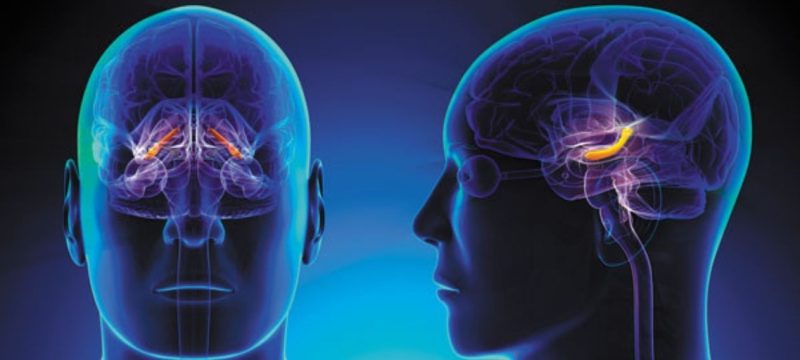Research shows that your brain holds on to negative experiences far longer than positive ones. According to a study by psychologist Roy F. Baumeister (2001, Review of General Psychology), insults and criticism are remembered for up to 20 years, while compliments often fade within just 30 days.
This phenomenon is called the Negativity Bias. Your brain is wired to protect you from danger, prioritizing harmful or critical experiences over positive ones. Scientists say this bias helped humans survive by quickly learning from threats and avoiding risks.
Neuroscience also explains why words can hurt so deeply. Emotional pain activates the same areas of the brain — including the amygdala and hippocampus — that respond to physical injury. This is why hearing a hurtful comment can feel as painful as a physical wound.
But it’s not all bad news. Experts suggest that you can train your brain to focus on positivity and reduce the impact of negativity. Practices such as gratitude journaling, mindfulness, and self-affirmation have been shown in MRI studies to strengthen neural circuits associated with happiness and resilience.
Mental health professionals emphasize that replaying past insults is not a sign of weakness — it’s a natural function of your brain. Understanding this can help people respond to negative experiences more constructively.
In addition, consciously celebrating compliments, acknowledging achievements, and practicing daily gratitude can help your brain retain positive memories longer. Over time, these techniques can shift the brain’s focus from negativity toward emotional well-being.
With consistent effort, your brain can learn to balance the natural bias toward negative experiences with an increased awareness and appreciation of positive moments.
In other news read more about Rising Trend of Tattoos on Teeth Raises Dental Health Concerns









